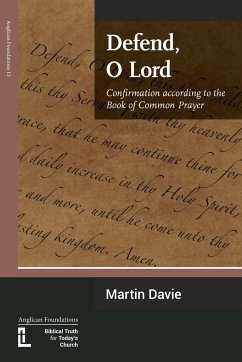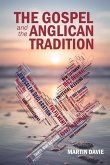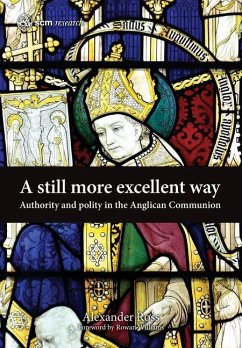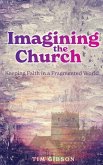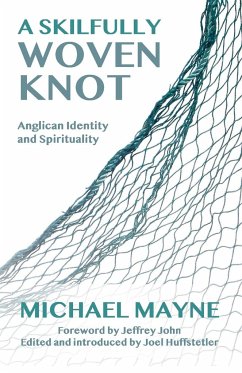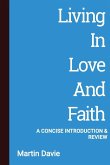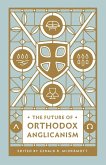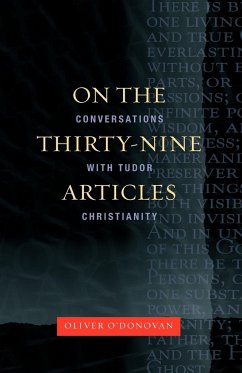A key way in which the benefits of the work of Christ are conveyed to those who respond to the gospel with repentance and faith is through the two rites of 'Christian initiation': baptism and confirmation. In baptism we die to our old life of sin and death and rise to a new life with God which will be fully revealed at the resurrection of the dead at the end of time. In confirmation we reaffirm the promises which were made at our baptism, and we are given strength through the Spirit to live the new life we have been given in baptism, and protection from all that would turn us away from God. The Church of England's normative confirmation service, to which the Common Worship services are authorised alternatives, is the confirmation service in the 1662 Book of Common Prayer. This little book provides an introduction to the 1662 service. It describes how confirmation developed in the Early Church and during the Middle Ages and how the Prayer Book confirmation service developed after the Reformation. It also provides a detailed commentary on the Prayer Book service, and answers the ten key questions people today generally ask about confirmation.

